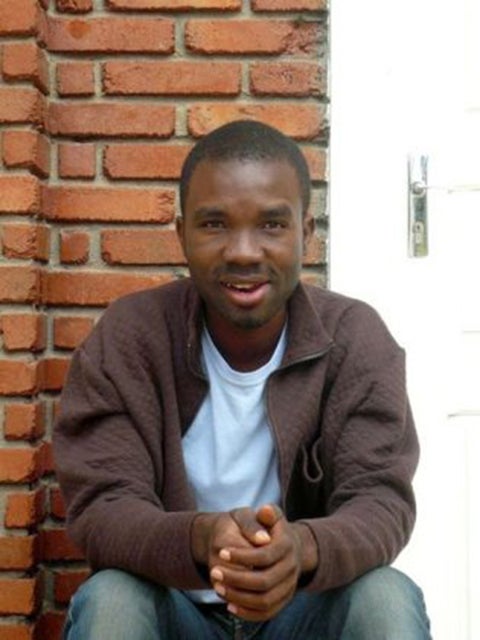By Kevin M. Mathewson
Impunity Watch Reporter, Asia
MADHYA PRADESH, India — A court in India has sentenced six men to life in prison as a result of the gang rape of a Swiss tourist on vacation in March of this year.

The 39 year old woman and her husband were attacked while camping in central Madhya Pradesh state. The husband was tied up as his wife was assaulted. The couple also alleged that the men had stolen their laptop, mobile phone, cameras and other articles after the assault. As such, in addition to life in prison, each of the six men was fined 20,000 rupees (337 dollars).
While all six were sentenced on Saturday, only four of the men were charged with rape. The remaining two were charged with robbery and assault after the victim testified they were “only present at the crime scene.”
Rajendra Tiwari, a public prosecutor, said the case presented a challenge as the victim could not recognize the accused because the attack took place at night.
“The prosecution proved its case using DNA tests as well as recovery of looted articles. All the accused have been convicted and we are satisfied with the judgment.” said Tiwari.
The men, aged between 22 and 30, were all from a village a short distance from the scene of the attack.
The rape of the Swiss woman came three months after the fatal gang rape of a 23 year old student on a bus in Delhi. The student suffered massive internal injuries as a result of the rape and died weeks later. Her attack brought protest about the treatment of women in India.
Weeks of demonstrations over the Delhi rape prompted India’s parliament to toughen sex offense laws. Subsequently, days after the Swiss tourist was assaulted, changes to the laws were passed, containing stricter punishment for rapists, including the death penalty.
In India one woman is raped every 20 minutes according to the National Crime Records Bureau. However, the crime is vastly under reported due to the social stigma associated with such attacks.
The first verdict in the Delhi case is expected on July 25.
For further information, please see:
Channel NewsAsia – India jails six for gang-rape of Swiss tourist – 21 July 2013
BBC News – India jails six over Swiss gang rape in Madhya Pradesh – 20 July 2013
Yahoo! News – India sentences to life 6 men in Swiss gang-rape case – 20 July 2013
The Voice of Russia – India court jails six men for life for Swiss tourist gang-rape – 20 July 2013
